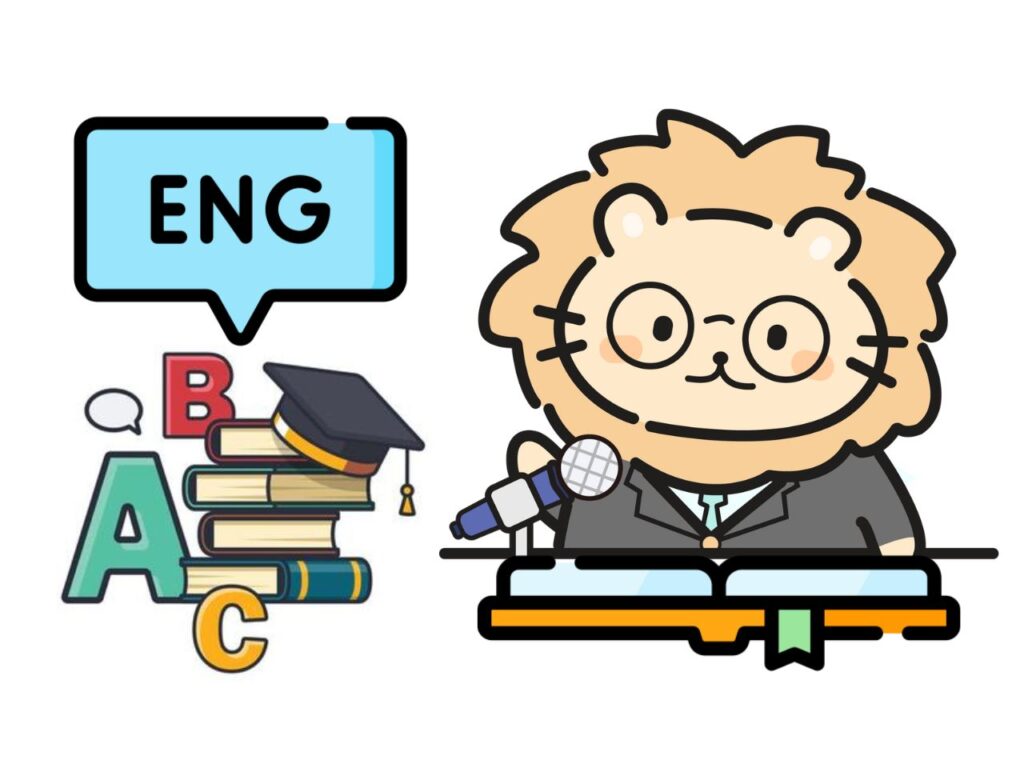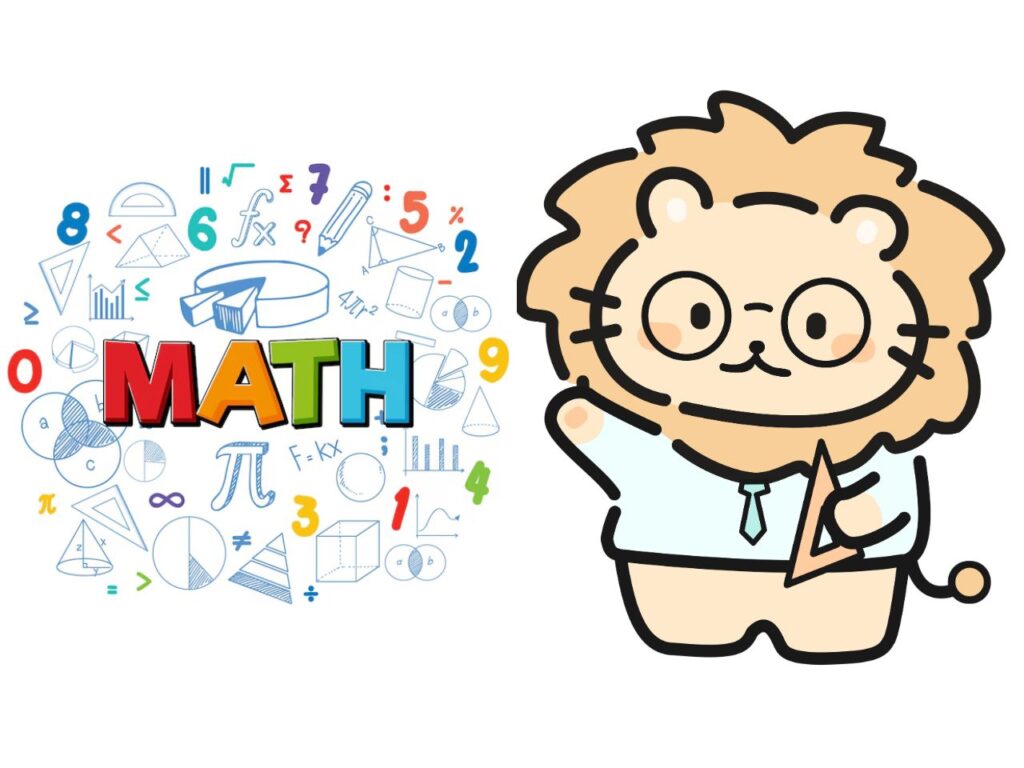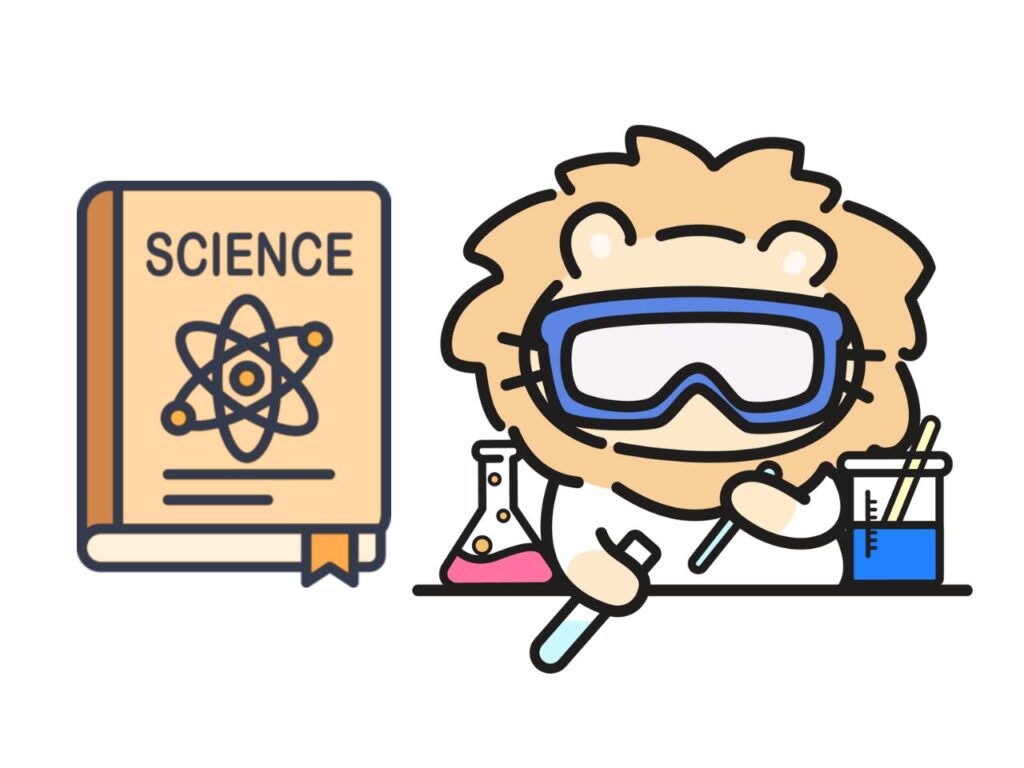

At this pivotal stage to upper primary, your child develops vital skills for life and has moments to shine academically. Our Primary 4 Programmes hones logical reasoning, academic writing and teamwork through debates and projects, equipping your child for success inside and outside the classroom.
Aligned with CEFR A2–B1 standards, our Primary 4 English Programme sharpens students' academic and communication skills as they approach upper primary. Learners will develop strong academic writing abilities, logical reasoning and interdisciplinary language skills. Through project-based learning and debate exercises, students learn to articulate opinions, support arguments and communicate confidently in group settings. This prepares them for exams and real-world discussions alike.
— Write clear, structured paragraphs and short essays on familiar topics.
— Organise ideas logically using linking words (firstly, however, finally).
— Begin writing argumentative pieces, stating opinions with simple supporting reasons.
— Use cause-effect structures (because, so, therefore).
— Develop well-supported and coherent viewpoints in written and oral forms.
— Interpret and summarise information from texts and discussions.
— Apply English comprehension and writing skills to other subjects such as Science (explanation writing and data interpretation) and Social Studies (informational texts and presentations).
— Use context clues to infer meaning in unfamiliar subject-specific vocabulary.
— Learn to express opinions clearly in structured debates.
— Present supporting and opposing arguments effectively with reasons and examples.
— Engage in collaborative presentations and group discussions.
— Research simple topics, organise information and deliver presentations.
— Engage in reflection and peer feedback to improve speaking and writing skills.


Our Primary 4 Mathematics Programme guides students through a critical transition towards abstract reasoning and integrated problem-solving. With a strong focus on number theory, geometry and multi-step application problems, students will learn to analyse, simplify and solve complex problems across different mathematical topics. This prepares them for upper primary challenges and PSLE readiness.
— Master multiplication and division of fractions.
— Convert between improper fractions and mixed numbers confidently.
— Identify factors, multiples, prime and composite numbers.
— Apply number relationships in problem-solving.
— Measure, calculate and compare angles in various shapes.
— Work with rectangles, squares and compound figures for perimeter and area.
— Strengthen spatial reasoning through geometry challenges.
— Convert measurements involving length, mass and volume, including with fractions.
— Read, interpret and create line graphs and frequency charts.
— Tackle complex, multi-step word problems using strategies like assumption method, elimination thinking, cyclical pattern recognition and pursuit problems, etc.
— Strengthen reasoning through reverse thinking and comparison strategies.
— Develop recursive reasoning and abstraction skills.
— Practise decomposing complex problems into manageable parts for easier analysis.
— Encourage creative and logical thinking when approaching unfamiliar problem types.
Our Primary 4 Science Programme deepens students' understanding of key scientific principles while nurturing curiosity, inquiry skills and logical reasoning. Students will learn through hands-on experiments, collaborative discussions and guided investigations, building confidence in applying scientific concepts to everyday situations. The curriculum aims to prepare them for upper primary science topics and examinations.
— Understand the three states of matter: solid, liquid and gas.
— Explore changes in states through real-life examples and simple experiments.
— Identify the parts and functions of the human digestive system.
— Gain an overview of major body systems and their roles in daily life.
Recognise key parts of a plant and their functions in growth, reproduction and survival. Conduct simple experiments to observe plant responses to different conditions.
— Develop skills in observation, classification and data collection.
— Practise forming hypotheses and making predictions based on observations.
— Carry out structured experiments to test ideas and verify concepts.
— Record, analyse and communicate findings clearly using appropriate scientific vocabulary.
— Encourage questioning and reasoning through open-ended tasks and problem-solving activities.
— Apply concepts learned to real-world scenarios and environmental contexts.

Fill in the contact form below and we will contact you within 1-3 working days.
